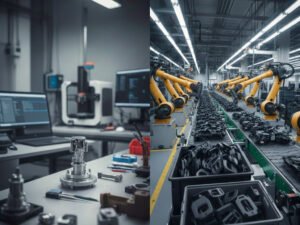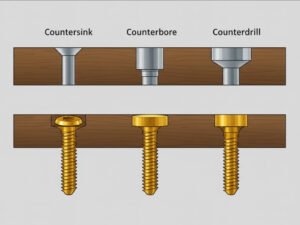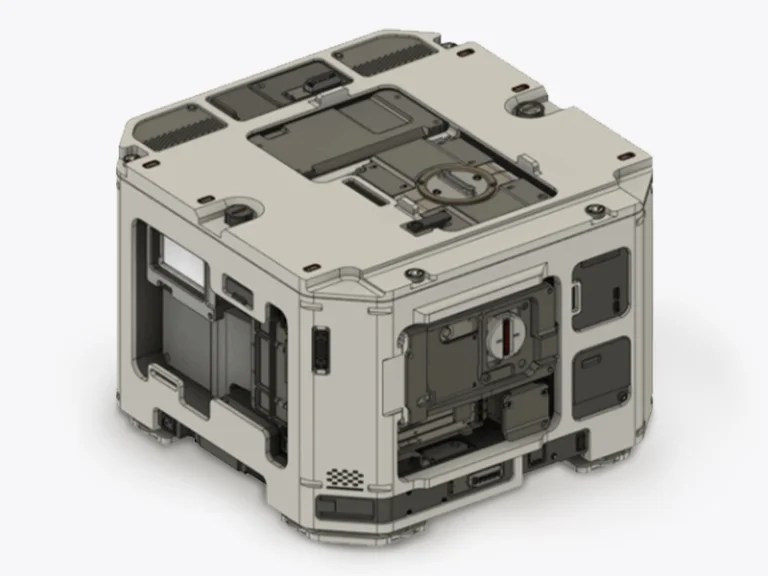PC/ABS Injection Molding
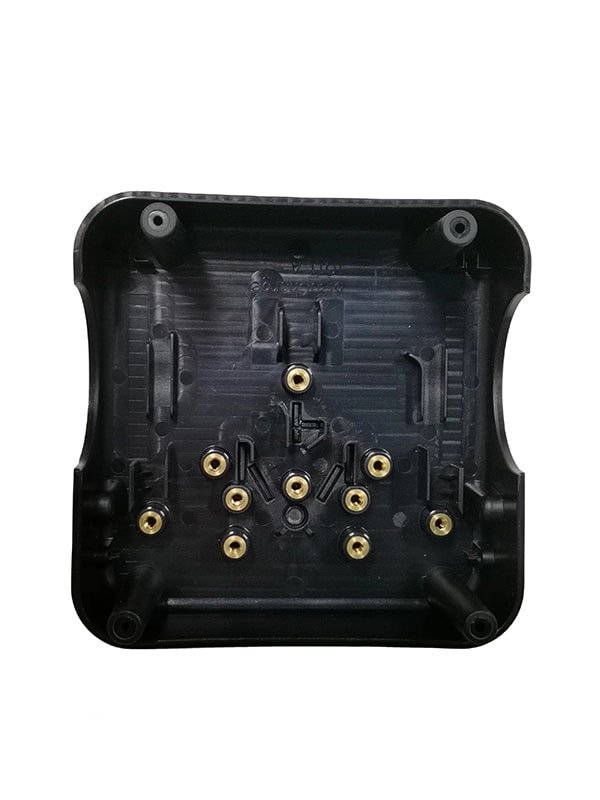
What is PC/ABS Injection Molding?
Our PC ABS injection molding process combines the toughness of polycarbonate (PC) with the flexibility and processability of ABS. This results in components with superior impact resistance, heat tolerance, and dimensional stability.
- Mold Design: Optimized mold flow and cooling channels reduce warping and ensure tight tolerances.
- Processing: PC-ABS materials blend is melted and injected at high precision, ideal for complex geometries.
- Cooling & Solidification: Controlled cooling avoids internal stress and maintains part integrity.
- Post-Processing: Finishes like texturing, painting, and EMI shielding enhance performance and aesthetics.
With our experience in custom PC/ABS molding, we provide reliable solutions for demanding environments and performance-critical PC-ABS parts.
| Parameter | Recommended Range |
|---|---|
| Wall Thickness | 1.2mm - 6.5mm |
| Maximum Part Size | 1200mm x 800mm x 600mm |
| Minimum Feature Size | 0.6mm - 1.5mm |
| Tolerances | ±0.03mm - ±0.10mm |
PC ABS Material Properties
PC-ABS injection molding is widely used for durable, heat-resistant parts with excellent toughness and impact strength. The blended properties make it a preferred material for structural parts and enclosures. Key material properties:
- High impact resistance – Ideal for enclosures and crash-resilient parts.
- Excellent heat resistance – Maintains shape and performance up to 100–120°C.
- Good dimensional stability – Resists shrinkage and deformation.
- Paintability – Excellent surface finish for cosmetic applications.
| Property | Density | Tensile Strength | Flexural Strength | Impact Strength (Unnotched) | Heat Deflection Temp (0.45 MPa) |
|---|---|---|---|---|---|
| Value/Description | 1.10 - 1.20g/cm³ | 40 - 65 MPa | 70 - 120 MPa | 10 -40 kJ/m² | 95 - 115℃ |
- The above parameters represent the baseline performance of the materials. Actual application should be dynamically optimized based on specific working conditions.
Related Process
Need Strong and Heat-Resistant Plastic PC ABS Parts?
Get reliable, custom-engineered PC ABS injection molding for your next project.
Advantages & Disadvantages of PC ABS Injection Molding
Advantages
- Excellent impact strength – Withstands drops and shocks.
- High heat resistance – Ideal for electronics and automotive use.
- Easy to process – Suitable for thin-walled, detailed parts.
- Paintable & bondable – Great surface finish and adhesion.
Disadvantages
- Limited UV resistance – Needs coating for outdoor use.
- Not transparent – Opaque only, not suitable for optical applications.
- Hygroscopic – Requires thorough drying before molding.
Applications of PC/ABS Injection Molding
Thanks to its robust properties, PC ABS injection molding is used in diverse industries for high-performance applications.
Automotive Industry

- Instrument panels
- Bumpers & trim components
- Connectors & brackets
- HVAC housings
Electronics & Electrical

- Laptop & phone enclosures
- Power tool housings
- Battery covers
- Switches and connectors
Medical Devices
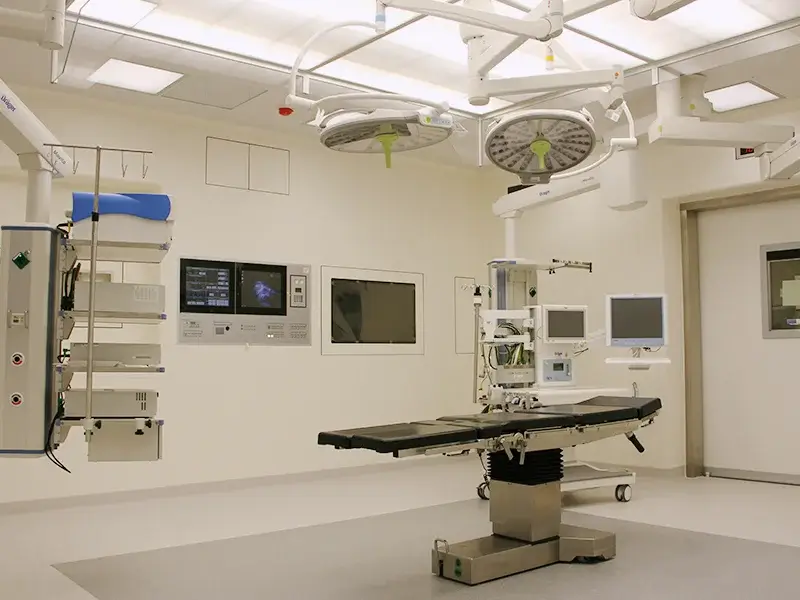
- Diagnostic equipment housings
- Device handles & casings
- Monitor enclosures
- Sterilizable lab components
Industrial & Consumer Goods
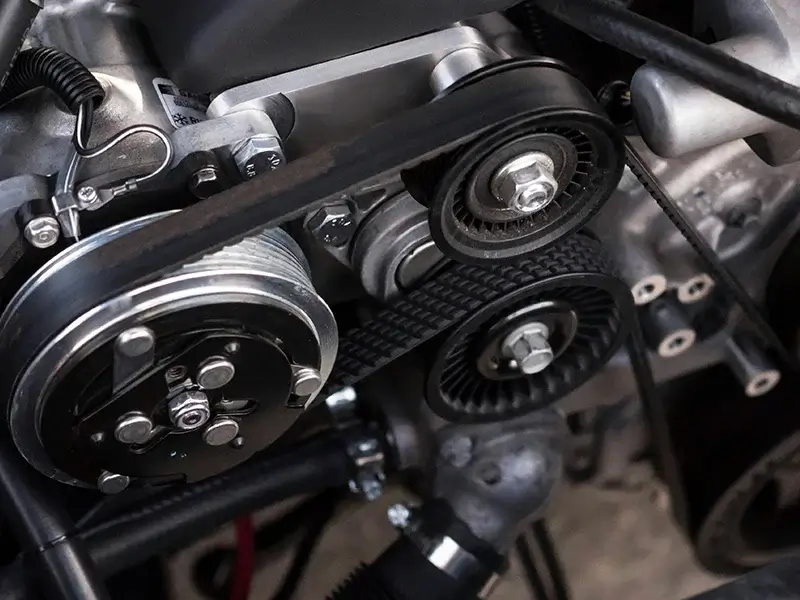
- Electrical boxes
- Protective gear
- Home appliance covers
- Structural parts for machinery
Jiangzhi PC/ABS Injection Molding Service is Guaranteed

FAQs About PC/ABS Injection Molding
PC/ABS offers a balanced compromise by providing greater strength and heat resistance than ABS, easier processing and less brittleness than pure PC, and a better surface finish compared to pure PC.
It blends PC’s strength and ABS’s processability, creating impact-resistant, heat-tolerant housings with great surface finish—ideal for electronics, tools, and automotive parts.
PC/ABS is hygroscopic. Moisture can cause bubbles, poor surface finish, or internal voids. Dry at 80–100°C for 3–4 hours before molding.
PC/ABS is suitable for both overmolding and two-shot injection molding. Its good flowability, strong adhesion properties, and balanced mechanical strength make it an excellent choice for multi-material molding processes.

